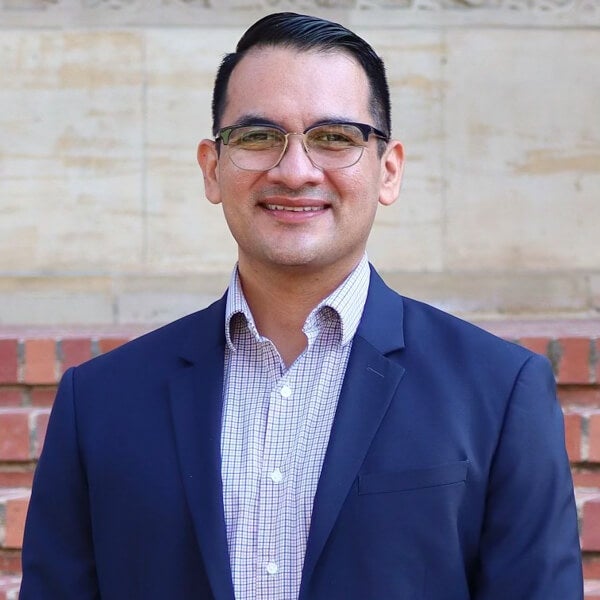programs
Social Justice in Criminal Neuropsychology (SJCN)
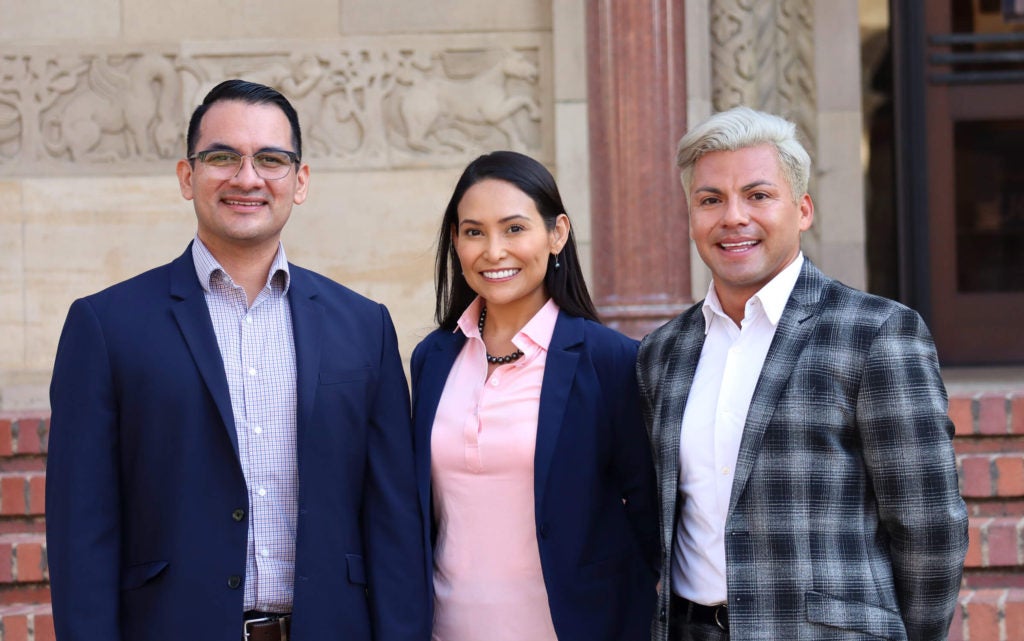
Mission
At the Social Justice in Criminal Neuropsychology (SJCN) clinic, our mission is to transform the landscape of justice-involved care. We are dedicated to delivering culturally competent, comprehensive neuropsychological care and fostering a legal system that prioritizes social justice for all parties involved.
About the Clinic
Welcome to the Social Justice in Criminal Neuropsychology (SJCN) clinic, a groundbreaking initiative led by Dr. Diomaris Safi. Our commitment is to reshape the legal system for enhanced justice. Specifically, we address the evolving and diverse needs of the incarcerated population while focusing on increasing the cultural competence of the justice system.
Welcome to the Social Justice in Criminal Neuropsychology (SJCN) clinic, a groundbreaking initiative led by Dr. Diomaris Safi. Our commitment is to reshape the legal system for enhanced justice, specifically addressing the evolving and diverse needs of the incarcerated population while focusing on increasing the cultural competence of the justice system.
Key Features
- Expert Guidance: Under the expert guidance of Dr. Diomaris Safi, the SJCN clinic is dedicated to pioneering advancements in the intersection of neuropsychology, the legal system, and social justice.
- Comprehensive Services: Our clinicians possess unique skills and knowledge to deliver linguistically- and culturally-competent services, including triage, consultation/liaison, psychodiagnostic assessments, comprehensive neuropsychological evaluations, and targeted treatment recommendations.
- Lifespan Care: The SJCN clinic extends its services to justice-involved individuals across the lifespan, catering to both juveniles and adults facing intellectual, developmental, neurocognitive, and psychiatric concerns.
- Legal Professional Collaboration: Our clinical team actively collaborates with various stakeholders in the medicolegal and psycholegal systems, such as local public defenders, district attorneys, probation departments, and state correctional facilities.
Postdoctoral Training Opportunities
- Formal Postdoctoral Fellowship: We offer a comprehensive two-year neuropsychology fellowship as part of UCLA Semel’s Post-Doctoral Fellowship Program. For more details, visit here.
- Advocacy and Research: Our training program takes on advocacy roles beyond clinical care. We participate in community outreach and conduct research related to screening for cognitive and psychiatric conditions in justice-involved individuals.
Contact
For inquiries and further information, please contact the SJCN Clinic via the secured e-mail address at SJCNadmin@mednet.ucla.edu or by phone at (310) 825-8257
Learn More About US
Referral Process for the Social Justice in Criminal Neuropsychology (SJCN) Clinic
Attorneys seeking neuropsychological assessments for their clients can initiate the referral process to the SJCN clinic. Referral should be submitted through the secured email address: SJCNreferrals@mednet.ucla.edu
In the referral email, please include the following:
- Name of the attorney representing the client/patient.
- A brief referral question outlining the concern (i.e., intellectual, developmental, neurocognitive, psychiatric concern, etc.).
- The preferred method of contact for the referring party (telephone/email)
Once the referral is received, a member of our clinical team will review the information provided and then contact the referring party to schedule a brief Zoom consultation. The purpose of the consultation is to clarify the referral question(s), establish a timeline for services, and answer any relevant questions.
Following the consultation, a member of our administrative team will contact the attorney and provide our professional rate fees, estimated hours, and tentative testing – date(s).
Frequently Asked Questions
1) Who is the SJCN clinic designed to serve?
The SJCN clinic is designed to serve justice-involved individuals across the lifespan, addressing the needs of both juveniles and adults facing intellectual, cognitive, and psychiatric concerns.
2) What disorders do you typically assess?
Our clinical team conducts neuropsychological and psychodiagnostic evaluations across a wide range of areas, including traumatic brain injury, stroke, dementia, neurodevelopmental disorders, movement disorders, infectious diseases, PTSD, depression, anxiety, bipolar disorder, schizophrenia, substance abuse, and personality disorders, among others.
3) How can I retain or seek services from the SJCN clinic?
Please contact us for an initial consultation where we can gather information about the specifics and timeline of your case and address your initial questions. Additionally, it’s important to note that we are not directly retained by parties involved in litigation. Kindly request your attorney to get in touch with us on your behalf. For more details, the referral process can be found on the Referral Process tab.
4) What are the fees?
After the initial consultation, we will provide you with our professional rate fees and offer an estimate of the anticipated hours needed to complete the assignment.
5) How are services provided?
The SJCN clinic offers flexibility in service delivery, depending on the evaluee’s custody status. Services can be rendered at our UCLA – based clinic, with in a correctional facility, or through a secured telehealth platform.
Postdoctoral Training Opportunities
Social Justice in Criminal Neuropsychology (SJCN) at the Hispanic Neuropsychiatric Center of Excellence (HNCE)
The SJCN track at the HNCE, under the direction of Dr. Diomaris Safi, is committed to transforming the legal system to foster greater justice for all parties involved. The program strives to:
Empower Emerging Clinicians:
- Our goal is to equip emerging clinicians with the skills and knowledge to better serve the growing and diverse needs of the incarcerated population.
- We offer a comprehensive two-year neuropsychology fellowship as part of UCLA Semel’s Post-Doctoral Fellowship Program. For more details, visit here.
Provide Training Opportunities for Legal Professionals:
- We create training opportunities to assist legal professionals identify and addressing intellectual, cognitive, and psychiatric issues in justice-involved individuals.
- Collaboration includes working with various stakeholders in the medico-legal system, such as public defenders, district attorneys, probation departments, and state correctional facilities. We are available for trainings and case consultations.
Community Outreach and Research:
- SJCN actively engages in community outreach efforts.
- The program is involved in research activities centered on program outcomes and policy interventions aimed at promoting justice and equitable practices within the legal system.
Key Features:
- Criminal Forensic Emphasis: The major rotation focuses on individuals currently detained, on parole or probation, and those involved in immigration or asylum proceedings.
- Cultural Neuropsychology Program (CNP) Rotation: The minor rotation offers exposure to general neuropsychology practice with bilingual patients from the community. Opportunities for neurosurgery-related assessments may also be available.
- Training Across the Lifespan: Both major and minor rotations serve juvenile and adult populations.
- Advocacy and Research: Fellows are encouraged to take advocacy roles beyond clinical care, participating in community outreach and engaging in research related to legal sentencing, recidivism, program outcomes, and policy interventions
Programmatic Opportunities:
- Forensic Fellowship Seminar Series: SJCN fellows participate in a specialized seminar series focused on forensic neuropsychology.
- Participation in Didactic Programs: Aside from forensic neuropsychology seminar opportunities, fellows engage in the clinical neuropsychology didactic program, the HNCE Colloquium, and related journal club meetings.
- Interdisciplinary Collaboration: Collaboration opportunities with professionals across the UCLA system, including the Law School, Department of Social Work, and the Department of Psychiatry’s Office of Justice, Equity, Diversity, and Inclusion.
Application Information:
For further details, please contact Diomaris E. Safi, Psy.D. at DSafi@mednet.ucla.edu.
Meet the Team
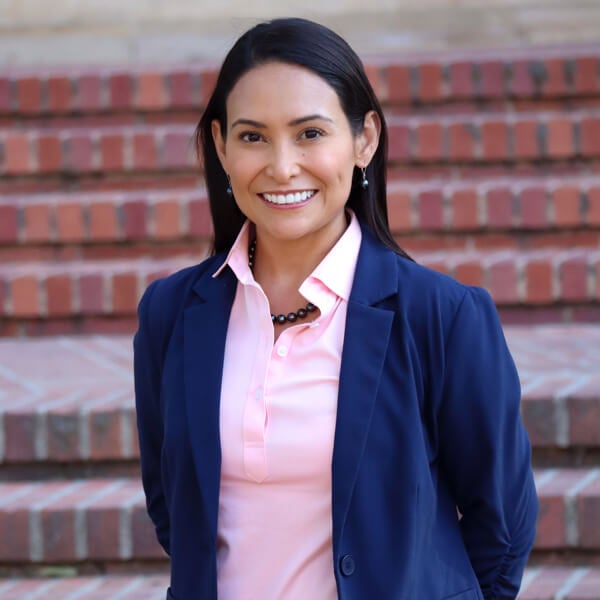
Diomaris Safi, Psy.D.
Director

Melissa Avila, Ph.D.
Fellow

Nancy Kaser-Boyd, Ph.D.
Visiting Clinical Faculty
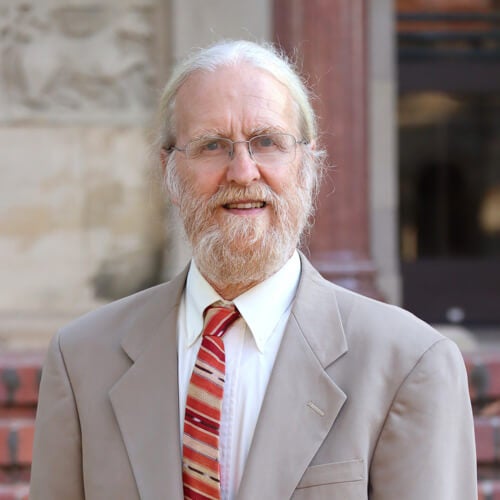
Tedd Judd, Ph.D.
Visiting Clinical Faculty
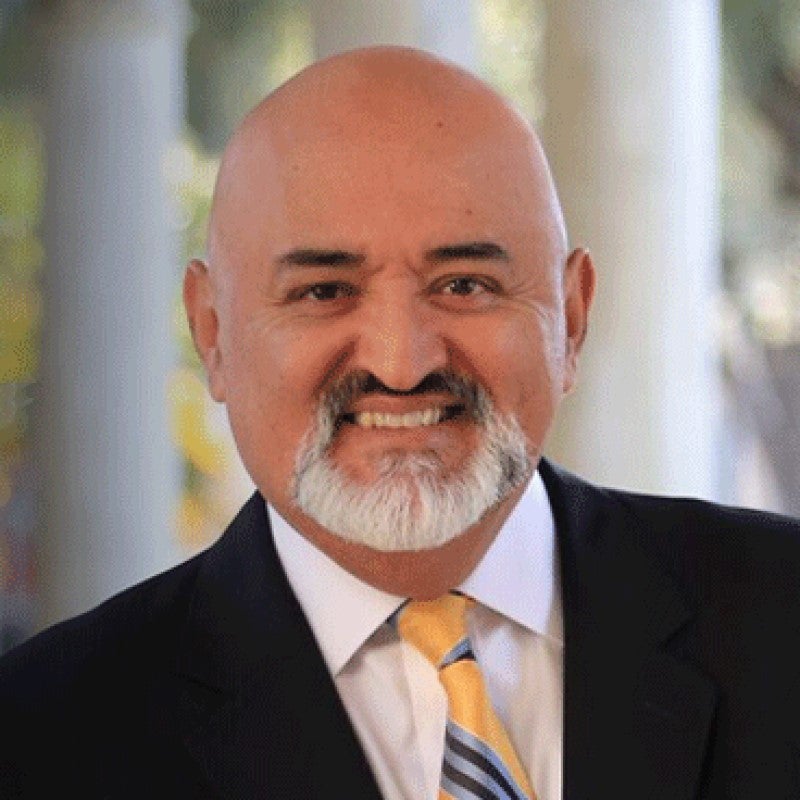
Marcel Ponton, Ph.D.
Visiting Clinical Faculty

Margarit Keloyan, MPH
Clinic Coordinator
